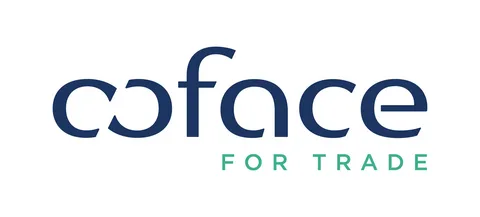Key Takeaways:
-
Major renovations, such as additions or kitchen remodels, can increase your home’s value and require updated coverage.
-
Improvements like a new roof or security system may lower your insurance premiums.
-
Additions such as pools or rental units can increase liability exposure, leading to higher premiums.
-
Not updating your insurance policy after renovations could leave you underinsured.
Renovating your home can enhance its value, comfort, and functionality. However, some upgrades may also impact your home insurance premiums and coverage. Understanding how these changes affect your policy helps you make informed decisions and avoid unexpected costs. Here are five common renovations that could alter your home insurance:
1. Adding an Extension or Room
Expanding your home by adding a new room or extension increases both its value and the cost to rebuild it. Since home insurance premiums are partly based on the cost to repair or replace your home, your coverage should be updated to reflect the new square footage.
If you don’t update your policy after an addition, you may end up underinsured in case of a disaster, leaving you financially exposed.
2. Upgrading the Roof
A new roof can significantly impact your home insurance premiums, often lowering them due to the reduced risk of water damage or structural issues. Insurance companies may offer discounts for impact-resistant or fire-resistant roofing materials.
Make sure to notify your insurer after a roof upgrade to ensure your policy accurately reflects the improvement. The type of roof you choose can also influence your rates, so check with your insurer about any available discounts.
3. Building a Swimming Pool
Installing a swimming pool increases your home’s value but also raises liability risks. Insurance companies typically recommend increasing liability coverage to protect against accidents, especially if someone is injured while using the pool.
Many insurers may also require safety measures, such as a fence with a locking gate, to minimize risks. Without proper coverage adjustments, you could face significant financial exposure in case of an incident.
4. Remodeling the Kitchen or Bathroom
Renovating the kitchen or bathroom often involves high-end appliances, fixtures, and materials that increase your home’s value. These upgrades may also raise the cost to replace or repair your home, which could impact your insurance premiums.
It’s important to update your policy after completing major renovations to ensure that the upgraded spaces are adequately covered in case of a loss.
5. Installing a Home Office or Rental Unit
Converting part of your home into a home office or rental unit changes your insurance needs. Operating a business from home may require additional coverage, such as business property insurance or liability protection for business activities.
Similarly, renting out a portion of your home may require landlord insurance to protect against risks related to tenants. Make sure to inform your insurer about these changes to ensure you’re fully covered.
Conclusion
Home renovations can significantly boost your property’s value and functionality, but they also impact your home insurance coverage and premiums. Whether you’re adding a room, installing a pool, or remodeling your kitchen, updating your insurance policy to reflect these changes is essential. Be sure to notify your insurer so that your coverage accurately reflects your home’s new value and risks.
FAQs
1. Do I need to inform my insurer after a home renovation?
Yes, you must notify your insurer about any significant renovations to ensure your coverage matches the updated value and risks of your home.
2. Can home renovations lower my insurance premiums?
Yes, upgrades like installing a new roof or security system can reduce your premiums by lowering the risk profile of your home.
3. Will adding a swimming pool increase my insurance cost?
Yes, a pool raises liability risks, which can result in higher premiums and may require additional liability coverage.
4. Does a home office or rental unit require special insurance?
Yes, you may need extra coverage, such as business or landlord insurance, to protect against risks related to business operations or tenants.





